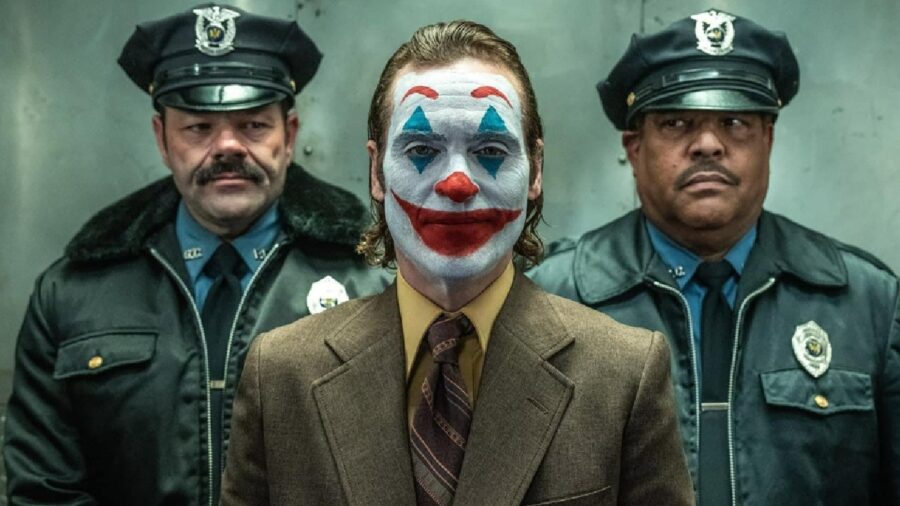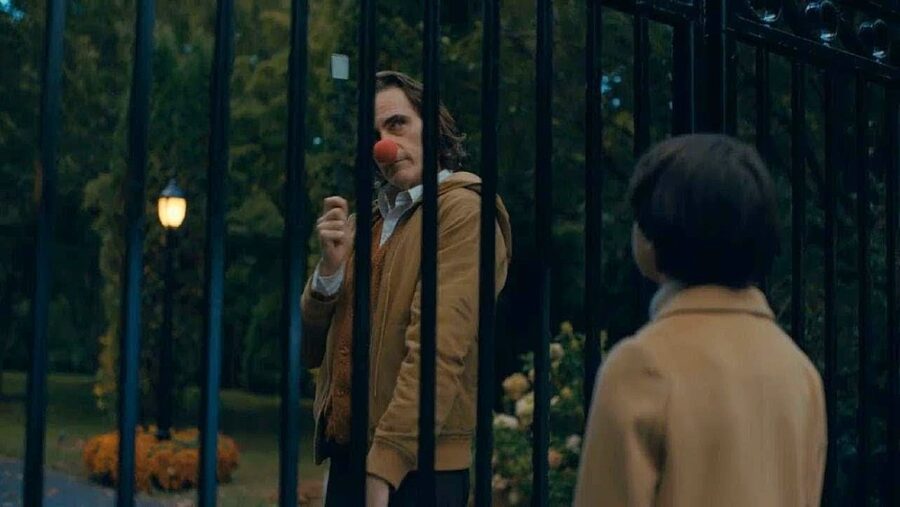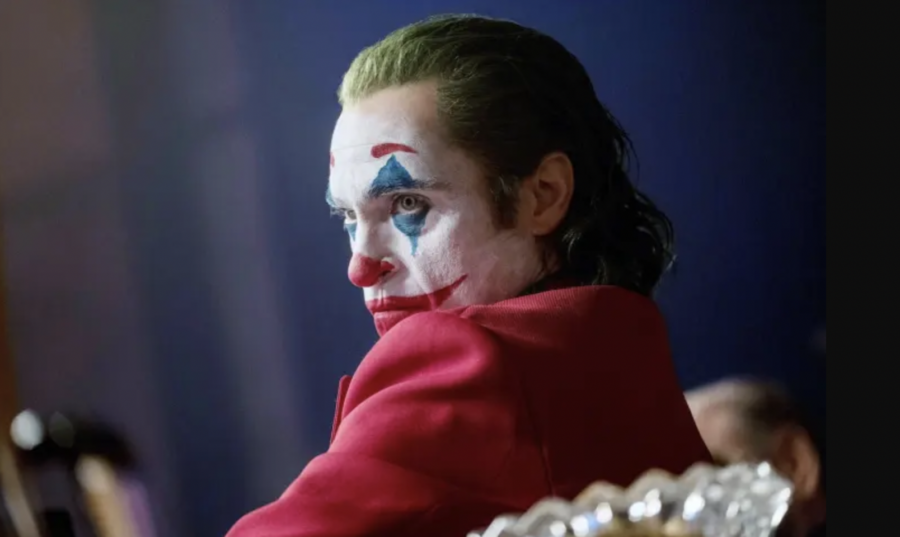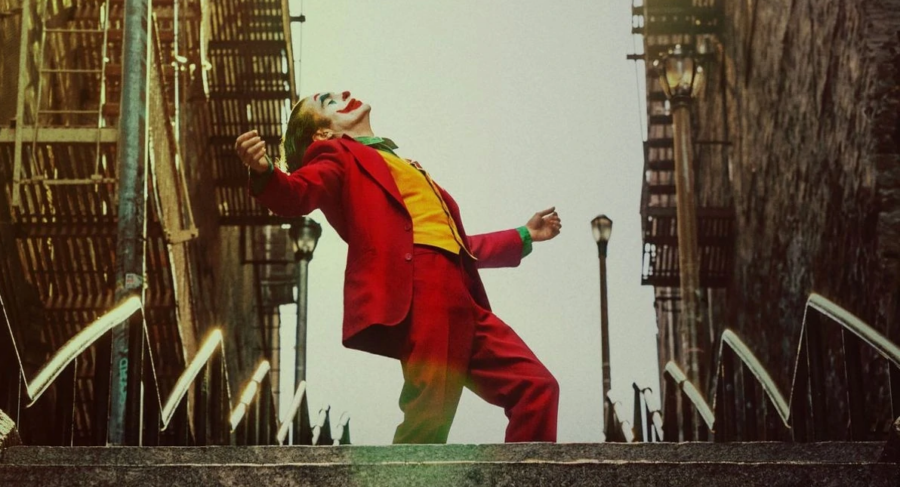By Chris Snellgrove | Published

Recently, the world was shocked by the sudden assassination of UnitedHealthcare CEO Brian Thompson and the subsequent arrest of suspected shooter Luigi Mangione. As a pop culture writer and all-around geek, I tend to view major events through the lens of television and film, and the widespread support for the CEO’s assassination led me to a wild and somewhat uncomfortable realization. In short, the Joker is real and he is every one of us, with the first Todd Phillips film about the clown prince of crime perfectly predicting how we would react to these bizarre events.
We are all clowns

What did joker When it came out, it was notable for offering a real look into the psychology of a comic book villain who is often dismissed as nothing more than a killer clown. Instead of giving the titular villain a very ambiguous origin, as was the case in the comics and previous films, joker shows very clearly how his descent into murderous madness was triggered by the system continually failing him when he was most vulnerable. This culminates in the execution of three arrogant Wall Street brothers and a snarky talk show host, and the film’s conclusion shows how much his actions resonated with the supportive public.
When joker came, this ending seemed almost as crazy as the Clown Prince himself. It didn’t seem real to me that so many people would riot and otherwise support a complete stranger after finding out he was a murderer. But that’s exactly what happened recently when the CEO of UnitedHealthcare was shot. Even before Luigi Mangione was arrested as a suspect, there was great public support for his actions. And since his arrest he has received even more support, with fellow inmates recently calling for him to be released even if he is found guilty.
Without commenting on the morality of the shooter or the moral culpability of the victim, I still cannot help but note that these events proved the plot joker be real and incredibly forward-looking. In this film, the title character kills powerful Wall Street bullies who, we see, are harassing a helpless woman, and later he kills the talk show host who can’t believe our favorite clown finds his murderous actions so funny. Joker also kills Murray Franklin after realizing that the man’s main job is to support a broken system that eats dreams and spits out corpses.
The uncanny similarities

If you think I mean that the Joker is becoming all too real, watch the film again and see how well some of the quotes fit the discourse surrounding the CEO’s assassination. Confronting Murray, Joker asks, “Have you seen what it’s like out there?” and rhetorically asks if powerful figures like Thomas Wayne “ever thought about what it’s like to be someone like me?” as a rationale for his decision , shooting the Wall Street brothers who worked for Wayne, Joker explains that powerful figures “think we’ll just sit there and take it… that we won’t turn into werewolves and go wild!”
There was a similar reluctance among those who defended the murder of Brian Thompson. Many pointed out that UnitedHealthcare has a history of denying claims (reportedly denying one in three claims), meaning the company is responsible for injuring or even killing ordinary people. In this way, the CEO became a kind of Thomas Wayne figure, and many had as little sympathy for his death as Joker had for Murray Franklin, and for the same reason: the belief that people can only be pushed so far. before they start pushing back.
Despite the growing support for suspected shooter Luigi Mangione, the mainstream media largely reacted with horror at the idea that anyone might condone the murder of Brian Thompson. For those who condone or even celebrate this murder, it is emblematic of something Joker told Murray in another real look into the power structure that is tearing the country apart. “All of you, the system that knows so much: you decide what is right or wrong, just as you decide what is funny and what is not.”
We get what we deserve

Although Luigi Mangione’s guilt has not yet been determined, it is worth noting that his own background suggests that he may feel betrayed by the healthcare industry. He suffered a serious back injury that made everything from surfing (a favorite hobby) to sex impossible, and, most notably, became a murderer at age 26, the same age at which young people are no longer covered by their parents’ insurance . In Joker’s final joke to Murray, he maintains the truth and asks, “What happens when you put a mentally ill loner with a society that abandons him and treats him like trash?”
The fatal punch line is, “You get what you damn well deserve,” and it’s hard to escape the conclusion that America does indeed get what we deserve. The healthcare system is becoming increasingly unaffordable and irretrievably broken, but we have all been conditioned to tolerate a world in which executives rake in millions of dollars and essentially hand out a death sentence to the poor patients whose claims they reject. A few years ago, however, it seemed crazy to think that a relative who attacked the rich and powerful could lead the public to treat him like a hero.
Now the Joker is real, but not necessarily the suspected shooter. Instead, it is everyone who is increasingly becoming “werewolves” and “savages” out of a desire to defend themselves against a sick system that preys on even sicker people. And with the recent spate of CEO wanted posters popping up around New York City to encourage other vigilantes to take further action against the rich and powerful, it seems like this joke won’t be ending any time soon, and we may be getting more punchlines soon see the discourse about healthcare in America forever changed.
